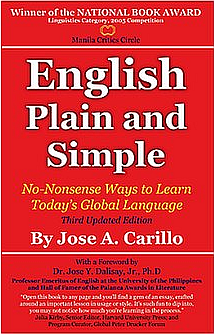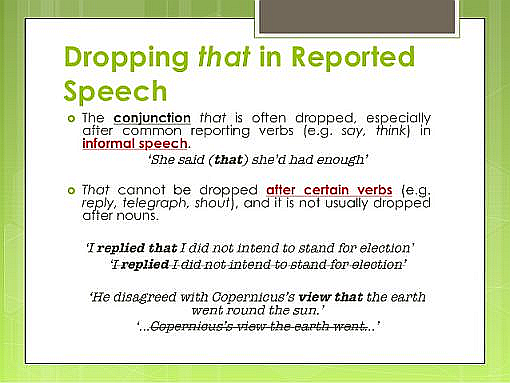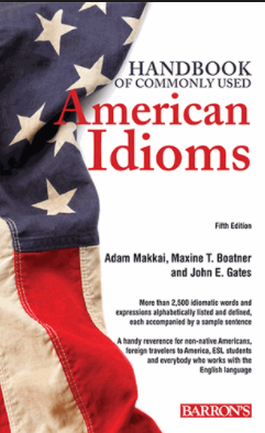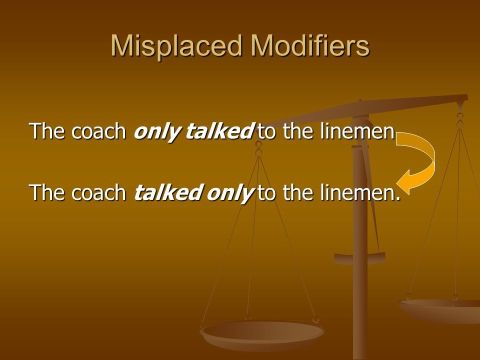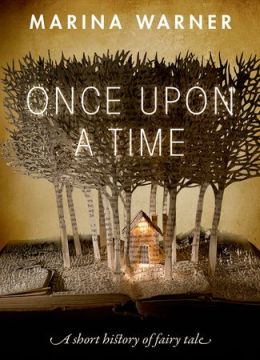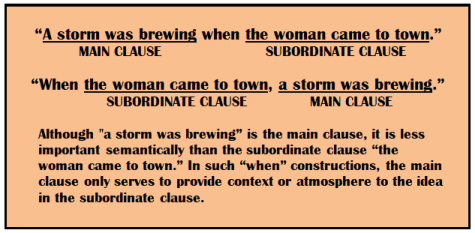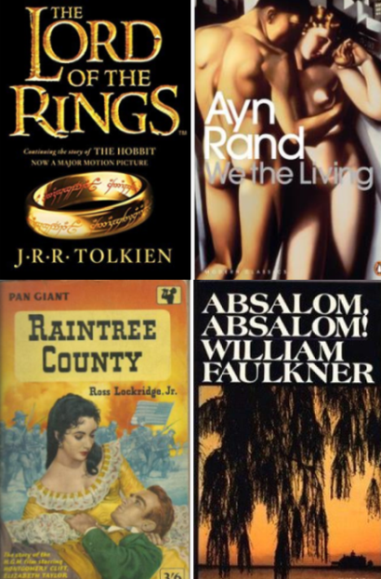1
Lounge / SSS to offer calamity loan to "Carina”-affected members
« on: July 26, 2024, 01:37:38 PM »
The Social Security System (SSS) is set to provide calamity loan assistance to members who have been affected by Typhoon 'Carina' in the National Capital Region and in areas that may soon be declared under state of calamity.

SSS President and Chief Executive Officer Rolando Ledesma Macasaet said that members in typhoon-stricken areas can borrow a loan equivalent to their one monthly salary credit or up to a maximum of P20,000.
“SSS will always be ready to assist our members in typhoon-affected areas," Macasaet said. "We want to assure them that in times of calamities, they can rely on SSS to provide them the needed financial assistance as they recover from Typhoon Carina.”
To qualify, typhoon-affected members must:
--Have at least 36 monthly contributions, six of which must be posted within the last 12 months before the month of filing of
application;
--Be living or residing in the declared calamity area;
--Be below 65 years old at the time of loan application;
--Have no final benefit claim such as permanent total disability or retirement;
--Have no past due SSS Short-Term Member Loans;
--Have no outstanding restructured loan or calamity loan.
Macasaet said that interested members can apply for the calamity loan using their My.SSS account via www.sss.gov.ph.
“Once approved, the loan proceeds will be credited to the member’s registered Unified Multi-Purpose Identification (UMID)-ATM Card or their active accounts with a Philippine Electronic Fund Transfer System and Operations Network (PESONet) participating bank,” Macasaet explained.
He said members could pay the calamity loan in two years or 24 equal monthly installments with an annual interest rate of 10 percent.
“We hope that through the calamity loan assistance, we may be able to help typhoon-affected members as they recover from the adverse effects of Typhoon Carina,” Macasaet said.

SSS President and Chief Executive Officer Rolando Ledesma Macasaet said that members in typhoon-stricken areas can borrow a loan equivalent to their one monthly salary credit or up to a maximum of P20,000.
“SSS will always be ready to assist our members in typhoon-affected areas," Macasaet said. "We want to assure them that in times of calamities, they can rely on SSS to provide them the needed financial assistance as they recover from Typhoon Carina.”
To qualify, typhoon-affected members must:
--Have at least 36 monthly contributions, six of which must be posted within the last 12 months before the month of filing of
application;
--Be living or residing in the declared calamity area;
--Be below 65 years old at the time of loan application;
--Have no final benefit claim such as permanent total disability or retirement;
--Have no past due SSS Short-Term Member Loans;
--Have no outstanding restructured loan or calamity loan.
Macasaet said that interested members can apply for the calamity loan using their My.SSS account via www.sss.gov.ph.
“Once approved, the loan proceeds will be credited to the member’s registered Unified Multi-Purpose Identification (UMID)-ATM Card or their active accounts with a Philippine Electronic Fund Transfer System and Operations Network (PESONet) participating bank,” Macasaet explained.
He said members could pay the calamity loan in two years or 24 equal monthly installments with an annual interest rate of 10 percent.
“We hope that through the calamity loan assistance, we may be able to help typhoon-affected members as they recover from the adverse effects of Typhoon Carina,” Macasaet said.




